|
Your ram team is a significant financial investment in your sheep enterprise. Rams contribute half of their lambs’ genetics but they are the main driver for genetic gains in your flock. Your rams represent an investment for the future development of your flock, therefore it is vital to maintain them in good health. This will ensure a good return on your investment. To maximise performance, it is important to assess them for breeding health well in advance of joining. This allows you time to rectify and problems or purchase replacements if required. The first inspection should be around 12 weeks prior to joining.
If you have any questions or concerns after inspecting your rams, or you would like a veterinary exam performed on your ram team please feel free to call the clinic on 8553 2485.
0 Comments
Your comment will be posted after it is approved.
Leave a Reply. |
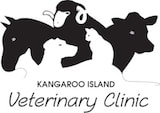
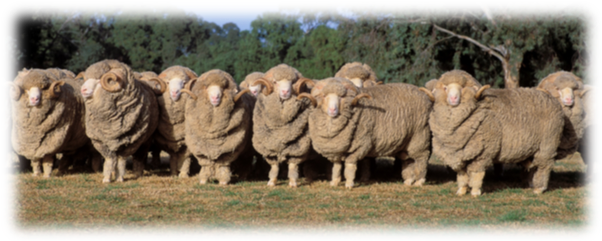
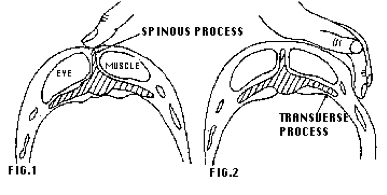
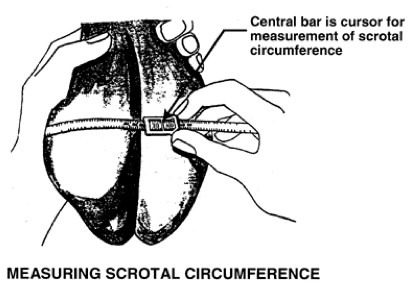
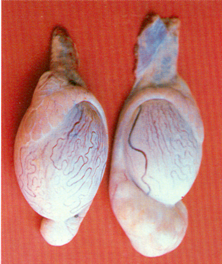
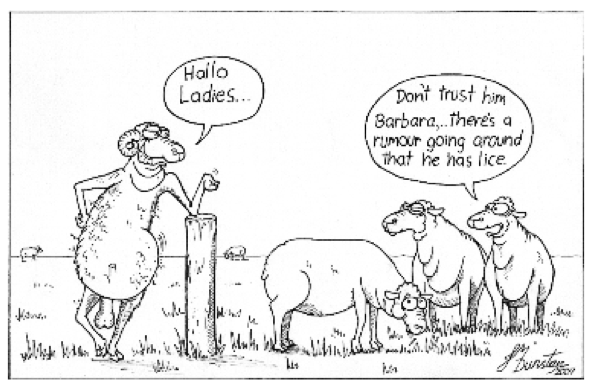
 RSS Feed
RSS Feed
